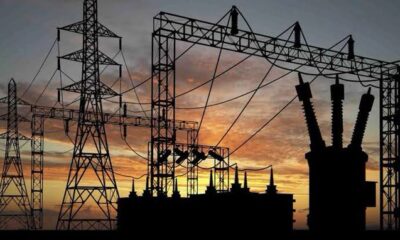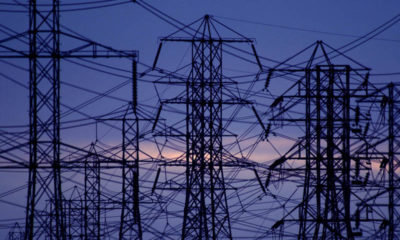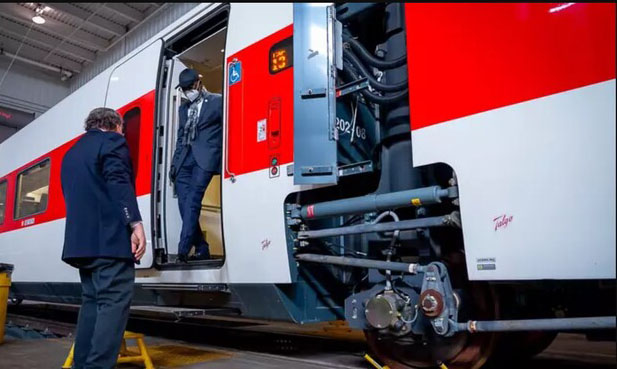The federal government has said that there’s still a lot of financing gap in the country’s power sector, requiring an immediate funding of $30 to $40 billion in the generation, transmission and distribution value chain.
The government stated that from all sources, it expects to spend between $3 billion to $5 billion to boost power supply in the sector in the next 24 months and eventually free itself from the payment of subsidies.
Speaking during a television programme on the challenges and prospects of the power sector, Special Adviser to President Muhammadu Buhari on Infrastructure, Mr. Ahmad Zakari, noted that the sector is currently bedeviled by three major classes of challenges.
He grouped the systemic challenges as regulatory, fiscal and infrastructural, explaining that for years, Nigeria had a situation where distribution companies were buying power at high prices but were only allowed to sell at low prices by the government.
But he noted that the current administration has gone a long way to correct the inefficiency by introducing the service-based tariff despite the regulatory gap which created an investment quagmire wherein any investor who put in money wasn’t able to recover it.
Zakari further stressed that the administration has worked out how it will push more infrastructure into the network, starting from the National Mass Metering Programme (NMMP), through the emergency intervention from the central bank, commercial banks and donor partners.
This, he said, was in addition to the incremental support from Siemens and other programmes, amounting to about $3 billion actively being spent and would be spent over the next 24 months.
On the issue of grid collapses, he stated that in 2015, there were 28 total or partial collapses, while as of last year there were four , noting that in 2021, Nigeria has had one partial and one total collapse.
“There’s a plan to invest in SCADA, which is the system that digitally manages the grid. It allows you to monitor all of the figures and voltage and whenever there are challenges it can isolate the problematic segment,” he stressed.
On tariff, Zakari noted the law allows adjustment every six months, but regretted that the situation has not been fully communicated with the public even though any time it is done, it is viewed as tariff increase by the masses.
In some instances, the presidential aide noted that tariff may come down, go up or stay flat, saying that what the current administration has continued to do is subsidise electricity for the most vulnerable Nigerians.
He said the federal government has continued to encourage local meter manufacturers, who have already delivered in excess of 500,000 to 600,000 meters in phase zero of the scheme, out of which 400,000 have been installed.
He argued that the national mass metering programme has delivered more meters to Nigerians in four months than what was done in 18 months under the entire Meter Asset Provider (MAP) programme and expressed confidence that the six million metering target will be met.
Through the service-based tariff regime, Zakari noted that new grounds were being broken as the Discos collected N65 billion in December 2020, leading to a 15 per cent increase in delivery of power even before the commencement of capital expenditure.
“So, we are seeing increased liquidity in the system that is likely to continue. The Siemens programme is part of the suite of investments that make up the $3-$5 billion that we are targeting over the next 24 months,” he said.
He noted that despite the improvements, there’s still a lot of gap to be filled and massive investments to be made in the entire value chain of the power sector.
“But we have a gap in this sector in distribution and that’s over $10 billion. If you add everything together, it could be up to $30-$40 billion in terms of the other value chain sectors.
“So, what we are doing is to find all available financing, for instance the emergency funding from the central bank on metering, in-network CAPEX as well as transmission and distribution interfaces. Those are being spent now,” he said.

 Naira4 weeks ago
Naira4 weeks ago


 News3 weeks ago
News3 weeks ago
 Education4 weeks ago
Education4 weeks ago


 Social Media4 weeks ago
Social Media4 weeks ago
 Technology4 weeks ago
Technology4 weeks ago
 Investment4 weeks ago
Investment4 weeks ago


 Dividends4 weeks ago
Dividends4 weeks ago
 Economy4 weeks ago
Economy4 weeks ago

















